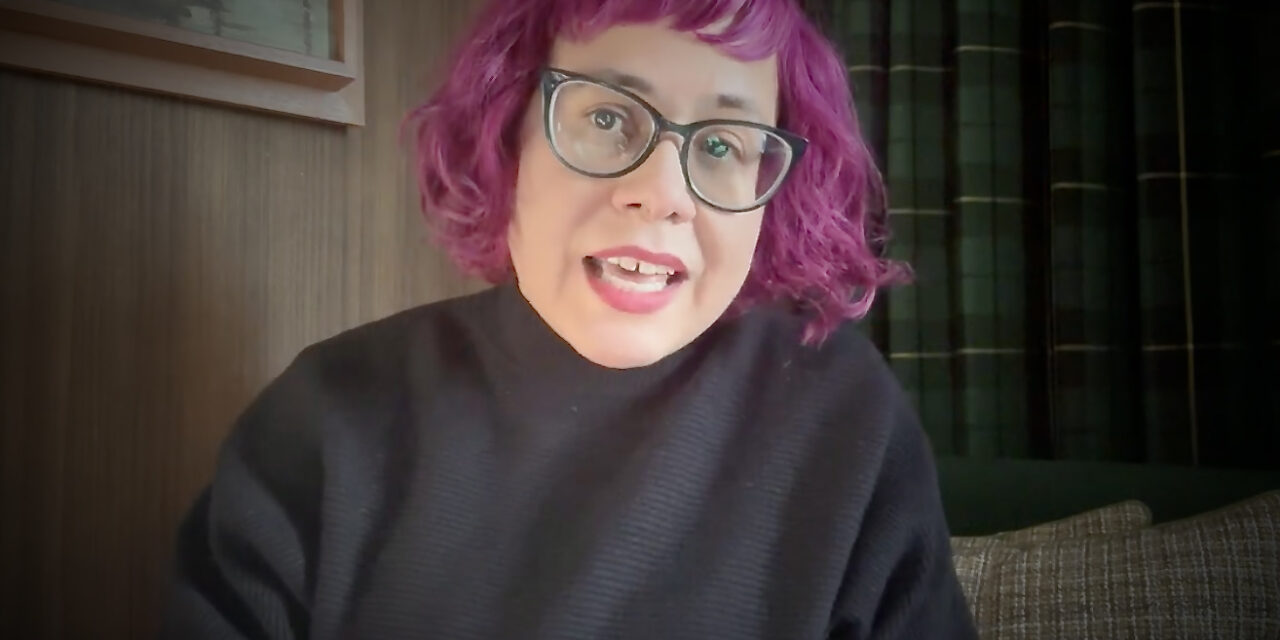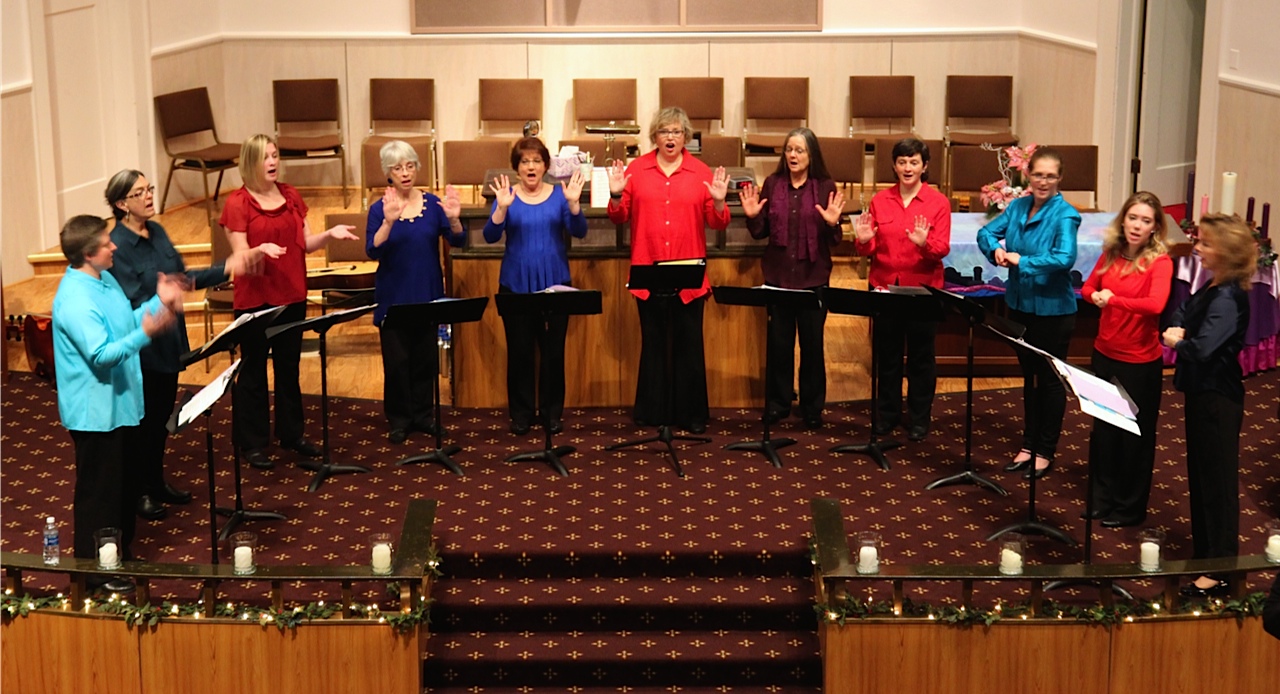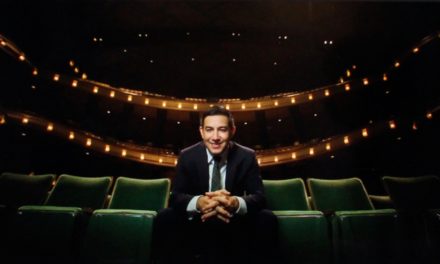(Above: Composer Angélica Negrón’s first symphony, Sinfonía Isleña, had its world premiere with the Eugene Symphony on Feb. 16, 2023, as part of its First Symphony Project. Negrón made a YouTube video describing her experience as she set her native Puerto Rico to music, at https://www.youtube.com/watch?v=pgTjIAp08w8)
By Daniel Buckwalter
(#CommonManAtTheSymphony)
For those times when we older folks wonder about the future of symphonic music in a crowded field of other genres and diverse tastes — as I have from time to time — the Eugene Symphony Orchestra provided a perfect antidote to any concerns on Feb. 16.
The composers will be imaginative, and the performers will be glorious. It will be fun.
Angélica Negrón, the First Symphony Project Composer-in-Residence, had her first symphony, Sinfonía Isleña, premiered by Eugene Symphony, under the direction of Francesco Lecce-Chong at the Hult Center’s Silva Concert Hall.
The four-movement symphony — Cielos, Océanos, Montañas and Flora — is a tender love letter to her native Puerto Rico, complete with her now trademark use of electronic sounds and even a wad of paper crumpled in front of a microphone for special effects.
Negrón has lived in New York City for the last 10-plus years. She admitted in short remarks to the audience before the symphony that she reached for abstracts of her homeland to compose the piece. It’s a journey that touched down in Eugene on Feb. 16, but Sinfonía Isleña should have life well beyond the Eugene Symphony’s premiere.
It is entertaining, yes, but also lyrical. You can hear the tides and feel the wind whipping around the island. The symphony is an outside-the-box experiment that works, and the near capacity audience gave her a rousing, and deserving, ovation at the end.
After intermission, a bright new star stepped on stage. Guest violinist Keila Wakao led the charge and captivated the audience in Pyotr Tchaikovsky’s Violin Concerto in D Major.
Resplendent in a red gown, the young Boston native (not even 20 years old) attacked the piece with vigor and grace. She was flawless.
Wakao also showed poise that belies her age. At the end of the first movement, a woman had to rush her crying infant out of the hall, delaying the start of the next movement.
Argue all you wish about bringing an infant to a symphony concert, but Wakao smiled through it all and resumed her crisp and engaging performance. She, too, received a deserving ovation to end the night.
Throw in Johannes Brahms’ Tragic Overture to start the night — conducted by Daniel Cho, the Eugene Symphony’s assistant conductor — and youth was served well at Silva Concert Hall.
The future of symphonic music is in good hands.








